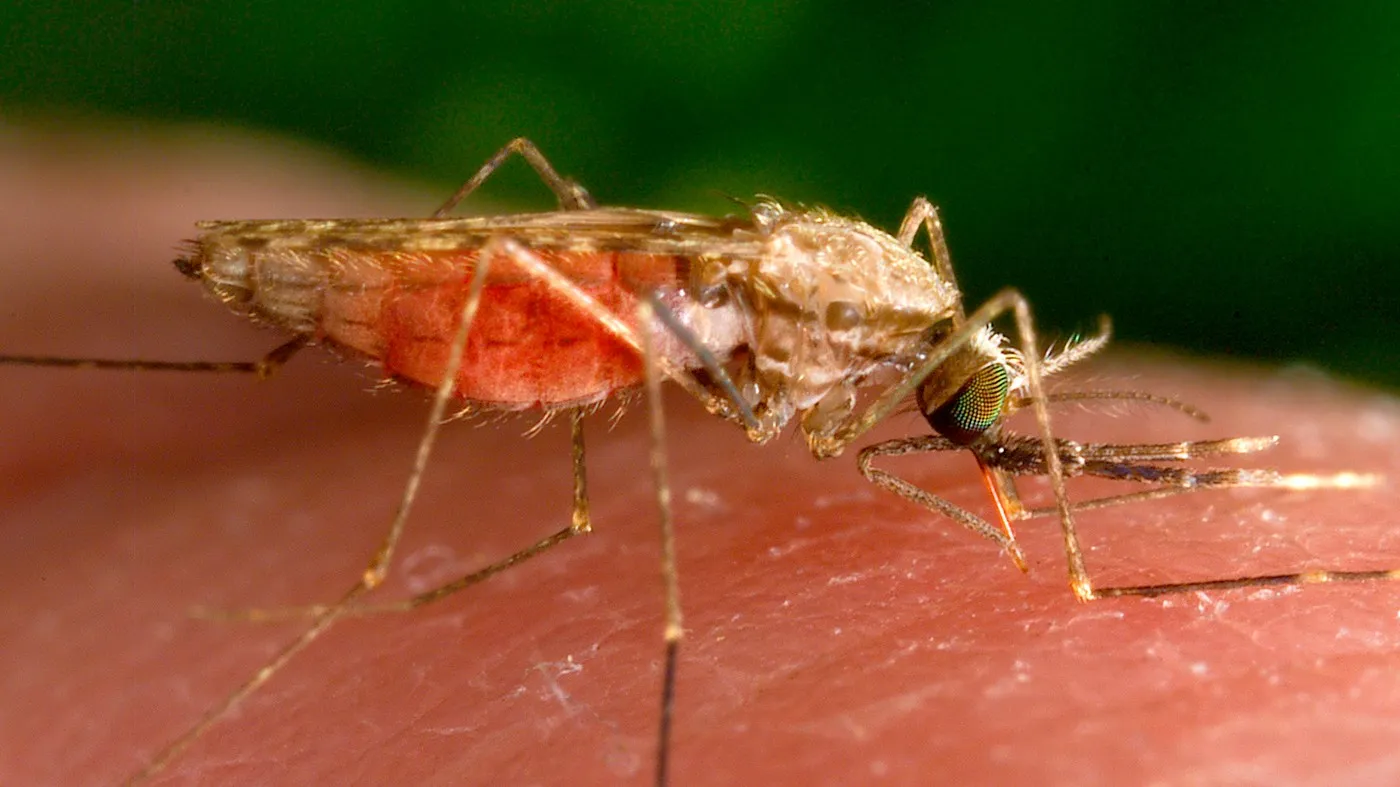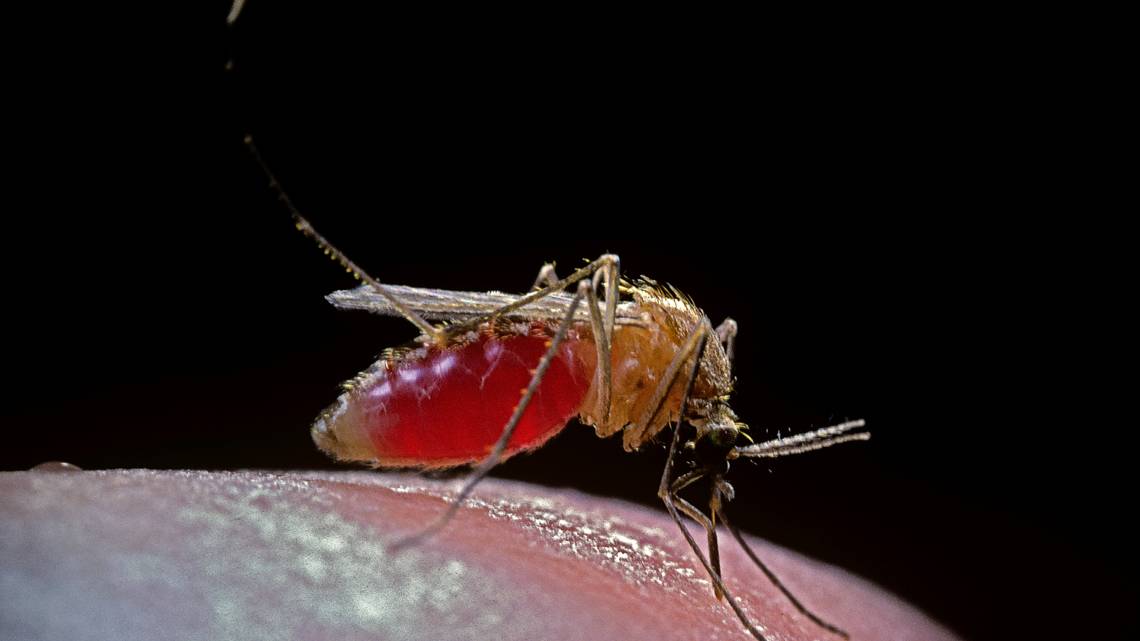A little-known disease called Oropouche virus, primarily spread by insect bites, has become a significant health concern, with over 8,000 cases reported as of August 1, mostly in South America. The virus is also spreading to regions where it was previously unseen, with cases emerging in the United States and Europe.
This alarming spread has prompted health organizations like the Pan American Health Organization (PAHO) to issue an epidemiological alert, raising the public health risk to “high” for the Americas.
The U.S. Centers for Disease Control and Prevention (CDC) has also issued a health advisory, urging healthcare providers to be vigilant, particularly in monitoring travel-related cases and advising pregnant women to avoid affected areas.
The Oropouche virus, discovered in 1955 in Trinidad and Tobago, remains poorly understood, with only about 500,000 cases documented since its discovery. Around 60% of those infected develop symptoms similar to dengue or Zika, including fever, headache, and joint pain, with severe cases potentially leading to meningitis or encephalitis.

The virus is part of a different viral family than Zika but poses similar concerns and unknowns, particularly regarding its impact on pregnant women. Experts emphasize the need for increased research and understanding of the virus’s transmission cycle and potential severe effects.
The Oropouche virus primarily spreads through insect bites, particularly from biting midges and certain mosquitoes, and is endemic to the Amazon basin. The virus circulates in a transmission cycle involving insects and hosts like rodents, sloths, and birds.
People visiting these areas risk contracting the virus and potentially introducing it to urban environments. Climate change and deforestation are exacerbating the spread by increasing human contact with infected insects. While there are no reported cases of local transmission in the U.S., the situation is more uncertain in areas like Puerto Rico and the U.S. Virgin Islands.
Current trends suggest the virus might be spreading through new vectors, raising concerns about areas at risk. This year marks the first time fatalities and severe cases, including adverse birth outcomes, have been associated with Oropouche virus.
Brazil reported the deaths of two otherwise healthy young women and a possible third fatality in a middle-aged man. Additionally, at least five cases in pregnant women have resulted in fetal death or congenital abnormalities, including microcephaly. The increase in severe outcomes might be due to higher virus circulation, according to health experts.
With no available vaccine or specific antiviral treatment for Oropouche virus, prevention focuses on avoiding insect bites. Laboratory testing for the virus is limited, requiring ruling out more common viruses like dengue first.
The CDC recommends travelers, especially to South America and Cuba, take precautions such as avoiding outdoor activities during peak mosquito activity, wearing protective clothing, and using effective insect repellents. Pregnant women, in particular, are advised to reconsider nonessential travel to areas with ongoing transmission to minimize risk.
As the situation evolves, health authorities are closely monitoring the virus’s spread and its potential implications. The CDC, along with other health organizations, is working to better understand the virus and provide timely updates. Public health measures focus on increasing awareness and encouraging preventive actions, especially in regions at higher risk of transmission.
